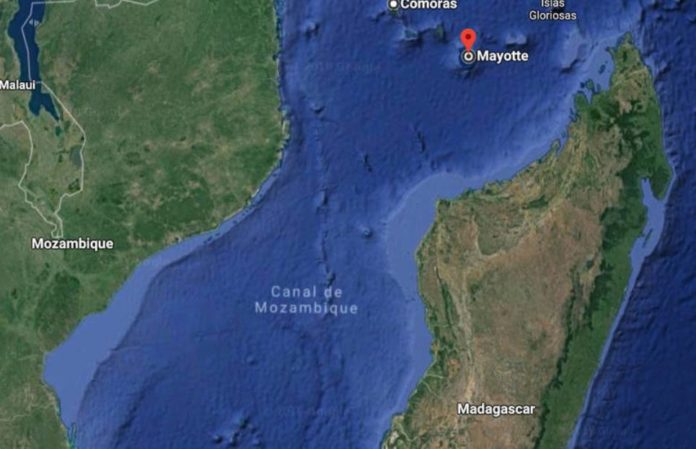This is an unusual geological event: a reservoir full of magma under the Indian Ocean emptied and created a volcano
A recent study seems to have the answer to some mysterious seismic buzzers that were detected all over the planet in 2018. The person in charge, according to the researchers, was an unusual geological event: a reservoir full of magma under the Indian Ocean emptied and created a volcano.
In May 2018, the seismometers recorded dozens of earthquakes near the coast of the small island of Mayotte, between Madagascar and Mozambique. Historical records of tremor intensity were detected in the area with the highest tremor in the area. Months later, in November, a kind of buzzing arose, which could last up to 40 minutes, and spread from Mayotte to the entire planet, although absent from trembling.
However, there were consequences for Mayotte. Soon after, scientists discovered that the island had moved 6 centimeters to the east and 3 centimeters to the south and that it had sunk 20 centimeters.
35 km deep
Now, a new study published in the scientific journal ‘Nature Geoscience‘ seems to have reached an answer. The researchers argue that the buzz was caused by a giant reservoir full of magma located about 35 kilometers deep in the Indian Ocean and that it eventually caused the appearance of an underwater volcano. “It took only a few weeks for magma to spread from the upper mantle to the seabed, where a new underwater volcano was born,” lead researcher Simone Cesca, a seismologist at the German GFZ Research Center for Geosciences in Potsdam, Germany, tells Live Science.
The birth of the volcano was confirmed a few months ago by a French oceanographic mission, which discovered this new geological structure, which is about 5 km long and almost one kilometer high. Based on this finding, the researchers collected different seismic data from around the world and discovered that magma, accumulated in a 15-kilometer-wide reservoir, flowed up diagonally to reach the seabed and cause the eruption from which the New volcano This “caused great earthquakes along its way to the surface,” says Cesca and that would correspond to those that occurred in May 2018.
Subsequently, when the magma tank emptied, the island of Mayotte sank slightly (the mentioned 20 centimeters) and small faults and fractures were created on the surrounding seabed, which triggered the mysterious hum.
Mayotte, still in danger
But this does not end here, Mayotte is still in danger. “There are still possible dangers for the island of Mayotte,” says Torsten Dahm, another of the researchers. “The earth’s crust over the deep deposit could continue to collapse, triggering stronger earthquakes.”
